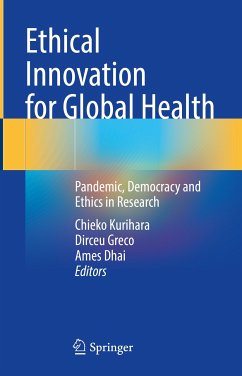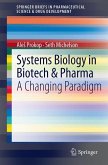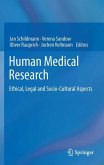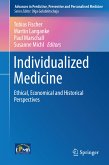This volume captures the recent changes and evolution in ethics in research involving humans and provides future directions to achieve alternative drug development strategies for equitable global health. It presents ethical considerations in current day clinical trials and new trends of ethics in research. It also describes the historical context, illustrates the process in alternative paradigms to achieve democracy after World War II, how the framework of ethics in research was established in different regions, and policies implemented to protect research participants from the exploitation of new drug development. The book is organized into three themed parts: relevant constructions from Brazil, South Africa, Taiwan, South Korea, and Japan; historical and international perspectives of principles of ethics in research; and alternative frameworks of clinical development and innovation.
Ethical Innovation for Global Health: Pandemic, Democracy and Ethics in Research is an informative resource for academic researchers, the global pharmaceutical industry, regulators, civil society and other role players involved in global health. It is contributed to by leaders in global policy development in research ethics, and experts in drug development activities with its trajectory being global health. The COVID-19 pandemic, as a global disaster, necessitated not only socio-economic but also cultural transformation. While effective vaccines were developed under a successful new methodology, there remains inequity of distribution of these vaccines globally. The book re-engages with the notion of the primacy of distributing results of scientific innovation to those who most require the benefits.
Dieser Download kann aus rechtlichen Gründen nur mit Rechnungsadresse in A, B, BG, CY, CZ, D, DK, EW, E, FIN, F, GR, HR, H, IRL, I, LT, L, LR, M, NL, PL, P, R, S, SLO, SK ausgeliefert werden.









